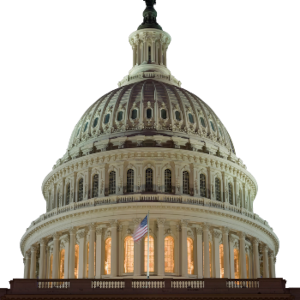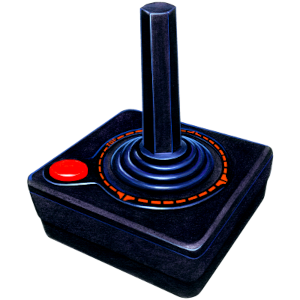Atrocities Perpetuated by U.S. Veto
The Bush administration and British government have repeatedly blamed France's threatened veto for the failure to secure a second UN resolution authorising military action against Iraq.
What Washington has failed to mention is its own veto over many years to block initiatives such as opposition to apartheid South Africa, and even the prohibition of chemical weapons. Below is a partial list of UN resolutions vetoed by the US since 1972.



![[tron-20.jpg]](http://www.zuckervati.com/archives/images/tron-20.jpg)
![[happen.jpg]](http://www.zuckervati.com/archives/images/happen.jpg)

